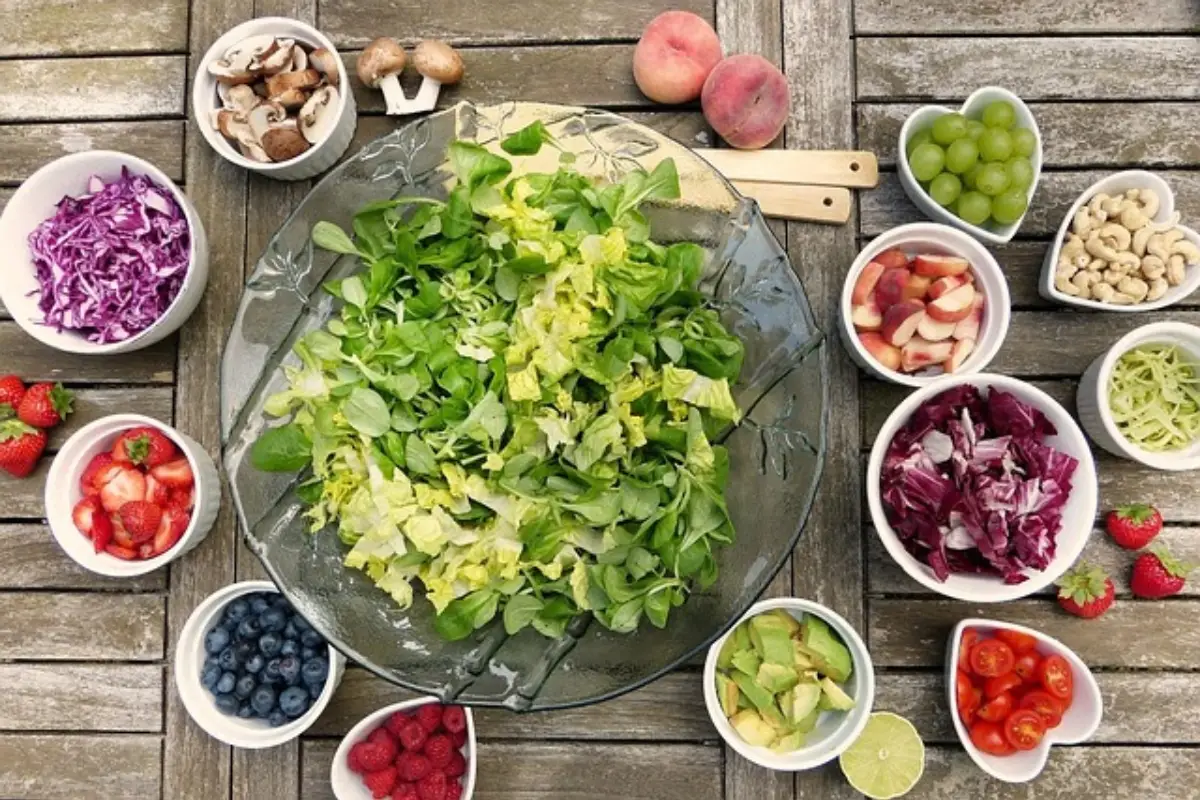
Italian organic food: turnover on the rise in volume (+4.9%) and value (+4.5%)
Export doubled from 2012 to 2023. For operators the objective is 25% of the surfaces in 3 years

The "Bio" sector is in good health, with a turnover that marks a + 4.9% in terms of volume and + 4.5% in value in the last twelve months, and which has already exceeded 9 billion euros in sales, with exports that have doubled their turnover from 2012 to 2023. However, bureaucratic simplification is needed to maintain the leading position in the European market. This is the message at the heart of the second assembly of organic and biodynamic producers organized by FederBio, which took place on Wednesday 30 October at the Cia headquarters, bringing together the 14 FederBio member associations and is open to all agricultural operators.
Reaching 25% of European agricultural area cultivated organically indicates an epochal change for organic, which from a niche production segment becomes an instrument of agricultural policy for Europe, essential for offering innovative solutions for the ecological transition of all agriculture and contributing to the objectives of combating climate change and protecting biodiversity", we read in the 'Producers' Manifesto', which also recalls that "the correct practice of the organic method involves the adoption of organizational and management models, such as crop rotation or livestock farming connected to the land and company agriculture, techniques and technologies that determine production costs that cannot be adapted, if not to a minimal extent, depending on market trends". Hence the request of the sector for the "fair price", defined by a Single National Commission (Cun) that regulates the organic market, independently from that of conventional products.
Challenging goals - for Italy the target of 25% of organic fields is brought forward to 2027 - which also require easing the burdens associated with an overly bureaucratic certification system. “Organic in Italy continues to grow both in terms of surface area and number of operators and confirms itself as a reality capable of combining sustainability and enhancement of the territories. For this trend to continue and for our country's leadership to be strengthened, it is necessary that more and more people choose to consume organic and that those who produce can count on fair remuneration", stated the Undersecretary for Agriculture, Food Sovereignty and Forests Luigi D'Eramo . We will continue to work together with the sector as we have done in recent months to reach shared solutions in the shortest possible time to face the upcoming challenges. The common goal is to simplify and reduce bureaucracy for companies. We also aim to communicate the quality and safety of our products. In this regard, I hope that we will have the Italian organic brand as soon as possible, which will be able to contribute to giving new impetus to the specificity and value of our products", concluded D'Eramo .
"We are at a crucial moment for our agricultural and food system. The goal of 25% organic agricultural surface is close and, considering the primacy that Italy holds in the sector, it represents an opportunity. We can go much further because there is the possibility of enhancing internal areas and attracting young people and women to agriculture. In fact, organic is innovation and can transfer sustainable practices to the rest of agriculture that needs to look at the ecological transition", explains Maria Grazia Mammuccini , president of FederBio. "Farmers can make the difference, because they are the ones who hold the fundamental values of organic agriculture, such as the care of soil fertility and biodiversity. But to overcome the critical issues that threaten the stability of agricultural businesses it is necessary to decisively address the priority issues contained in the Manifesto".
EFA News - European Food Agency